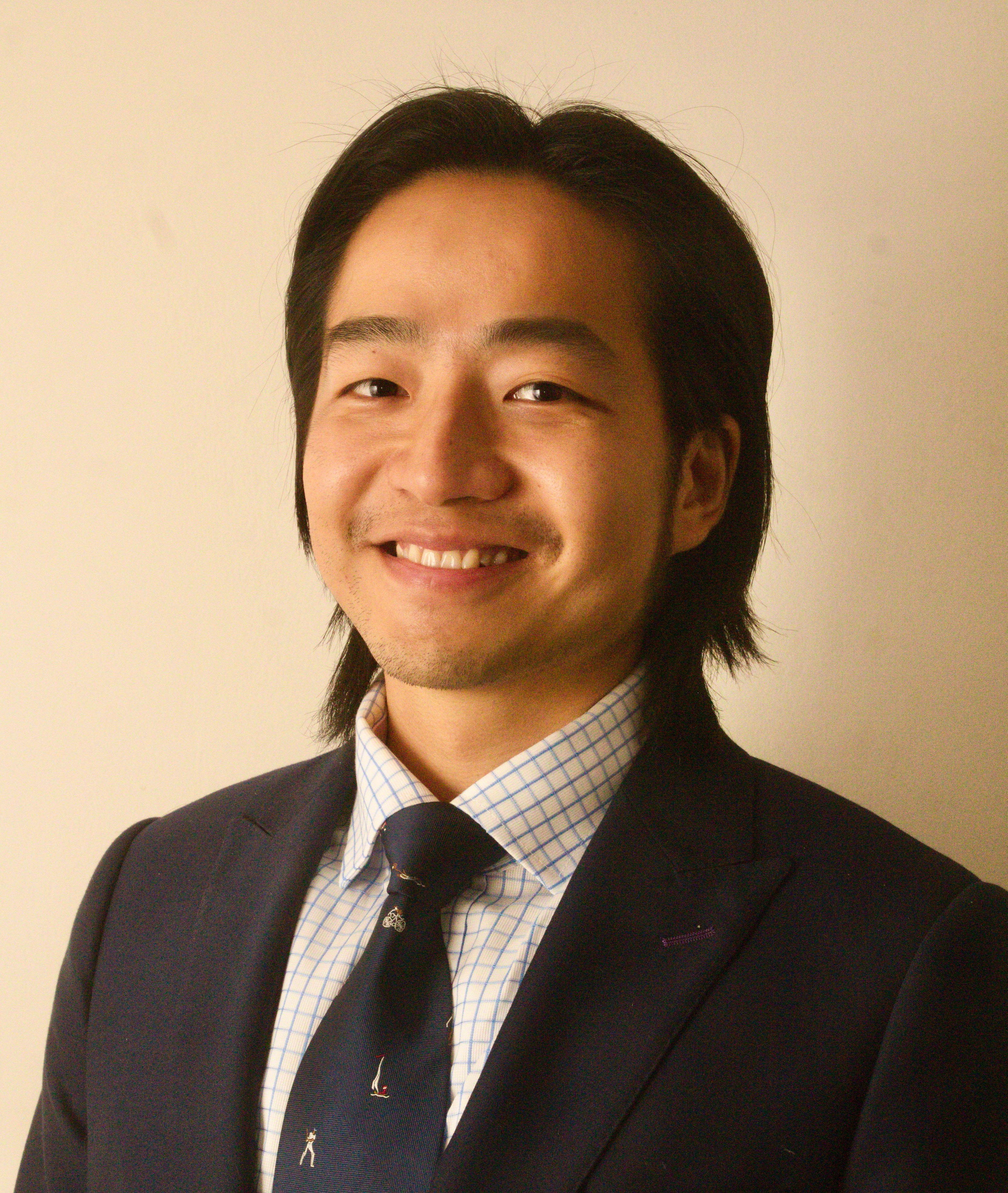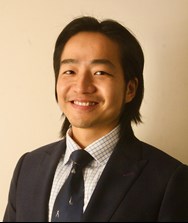Diploma in Implant Dentistry - What Does it Take to be Successful?
« View all News items
The RCSEd Diploma in Implant Dentistry examination is a summative assessment of the knowledge base, planning, clinical judgment, communication and practical skills that underpin independent dental implant practice in the United Kingdom and internationally. It tests the candidate’s ability to apply these skills at a level expected of a safe, well informed general dental practitioner with an interest in implant dentistry and includes aspects of minor augmentation.
We caught up with Denny Chon Pei Wang, a graduate from the University of Hong Kong and Member of the Royal College of Surgeons of Edinburgh since 2018, who has recently passed the RCSEd Diploma in Implant Dentistry. Denny talks about his experience with the exam and why he chose to sit it with the RCSEd.


1. What was your experience with the exam and what motivated you to take it?
"Overall, the diploma exam was very well structured and comprehensive. It tested on a range of theoretical knowledge and scientific evidence, as well as diagnostic, practical, and communication skills, which were very relatable to the daily practice of general dental practitioners. Taking part in the exam had given me the opportunity to comprehensively revise on relevant knowledge and evidence as well as to reflect on my own clinical practice. My primary reason to take the exam was to consolidate my knowledge in implant dentistry. I sat for the diploma exam during my postgraduate training, It provided me a very well-structured framework to systematically revise on implant dentistry, from theories to practical skills. Through the exam preparation, it connected the dots of my study in the field.,
As an international candidate, I am confident that this diploma from RCSEd is well recognised internationally. I believe this diploma will open my career options in the future and set me apart in the competitive dental field. The diploma is certainly a token of achievement and dedication for dental practitioners who aim to provide good standard of care in implant dentistry."
2. What did you do to prepare for the exam?
"The exam blueprint provides a very clear guidance on the scope and depth of knowledge that the candidates should prepare for this exam, which I would recommend candidates to follow. The Communication and Practical OSCE of the exam can be challenging as it requires the candidate to react promptly within a set time. To prepare for these, I tried to incorporate and practice the training standard suggested from the exam into my everyday practice. For example, I established set protocols for clinical procedures, such as informed consent, implant surgery, and implant prosthesis delivery. In this way I was able to practice and familiarise myself in various clinical scenarios on a day-to-day basis. Furthermore, I formed a peer study group with another candidate. We created a list of study topics and set up a regular meeting schedule to make sure we were on track with the study plan. With the peer support, it kept the momentum to prepare for the exam. It was also very useful that we could discuss and have treatment planning on our clinical cases."
3. What are the key benefits the exam brought you?
"Firstly, it certainly raises my standard of care in provision of implant dentistry. Through the exam preparation, it provides me an excellent opportunity to reflect on and refine my clinical practice. Also, it equips me to confidently provide dental implants as a treatment option to patients, from which my decision making and treatment plan process is supported by scientific knowledge and evidences. Secondly, the qualification gives credibility to my interest and dedication in implant practice, from which my employer and patients can directly count on. It also helps build my practice in the relevant field."
4. What tips would you give to those considering sitting the Diploma in Implant Dentistry exam with RCSEd?
"To prepare for an exam in parallel with work might sound challenging. As the exam scope is highly relatable to daily clinical practice, I would recommend candidates to incorporate the recommended training standard into their routine clinical work. For example, perform every clinical procedure and plan every clinical case as if they were sitting in the exam. In this way candidates can prepare for the exam on a daily basis and internalise the required knowledge and skills efficiently, as well as benefit from providing good standard of care in clinical practice. I would also recommend to take a study leave before the exam to get yourself focused in study and wire your brain for the exam. Overall, the exam preparation process should be well planned and enjoyed. I would also recommend candidates to study and think broadly in the field of restorative dentistry and do not only limit their mind in dental implant only during the exam. It may be tempting to focus on implant dentistry, but all aspects in restorative dentistry, namely periodontal, endodontic and prosthodontic considerations should be well thought in every case assessment and exam scenarios."
By choosing to sit your Diploma in Implant Dentistry examination with us, you will be joining our membership network of more than 30,000 professionals in over 100 countries worldwide. As well as joining a College renowned for its heritage and innovation, the College offers a wide range of Membership services to support you through every step in your career and professional development.
Find out more about the Diploma in Implant Dentistry exam and register your interest for the 2022 diet here.




